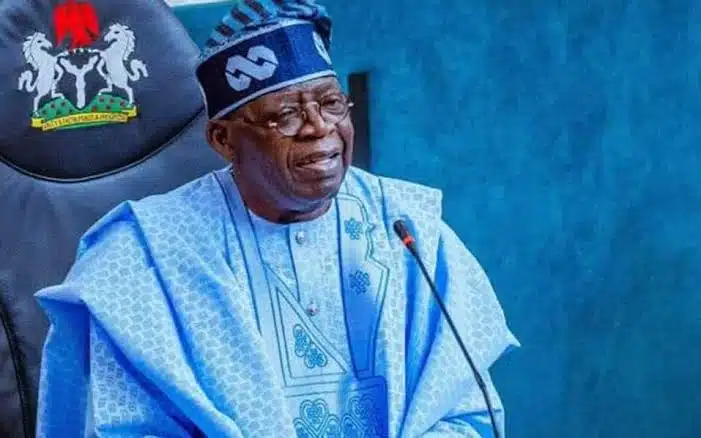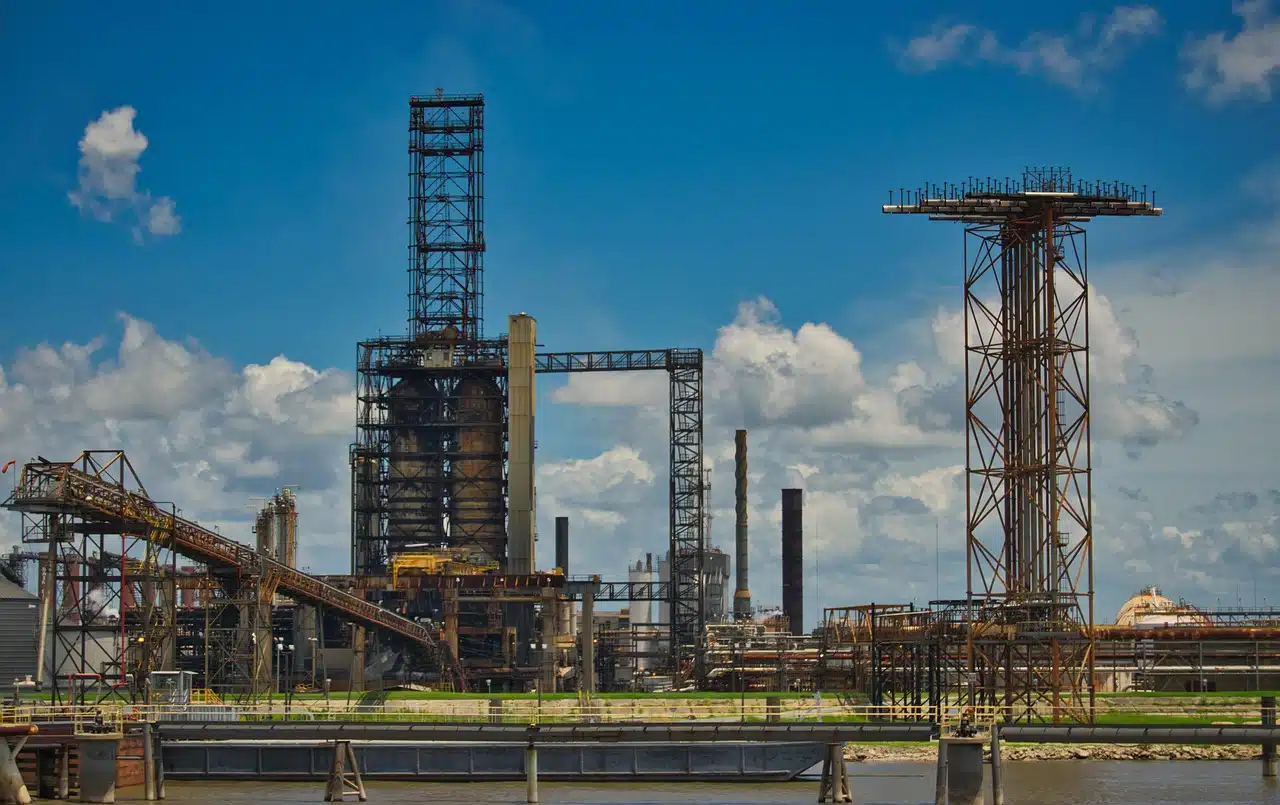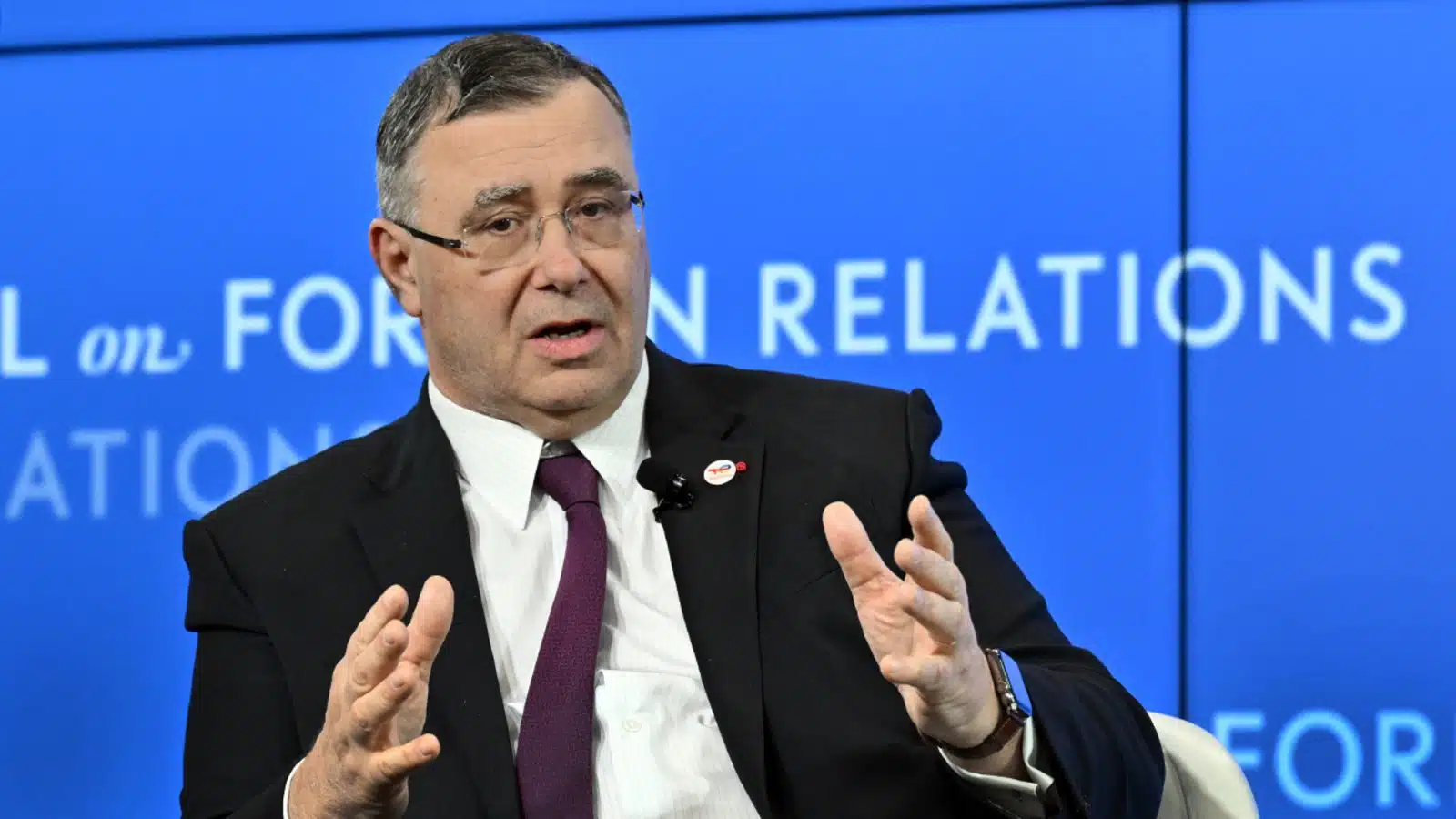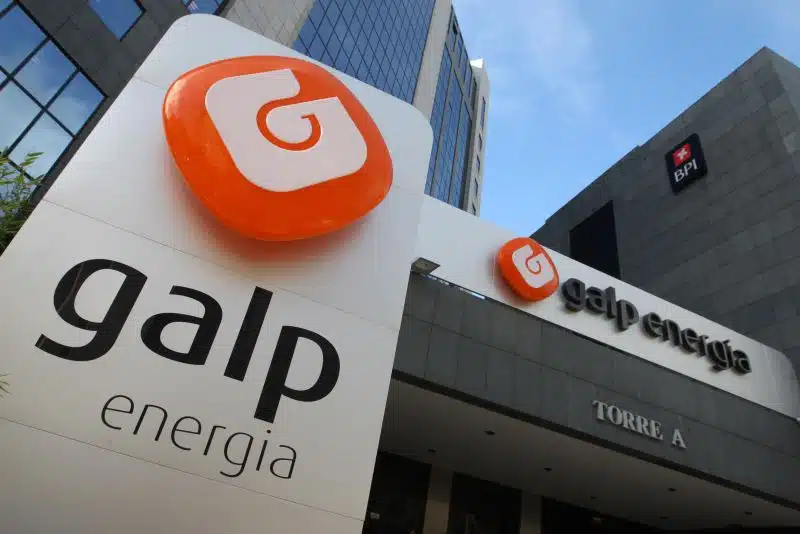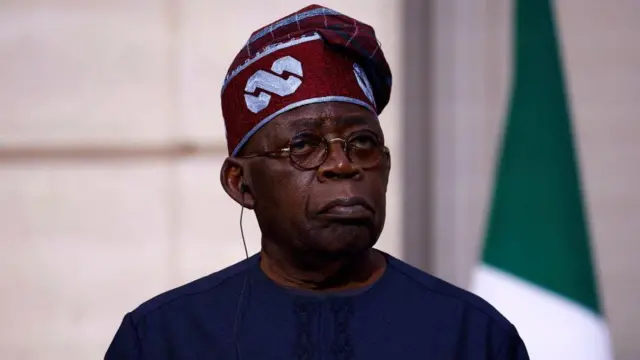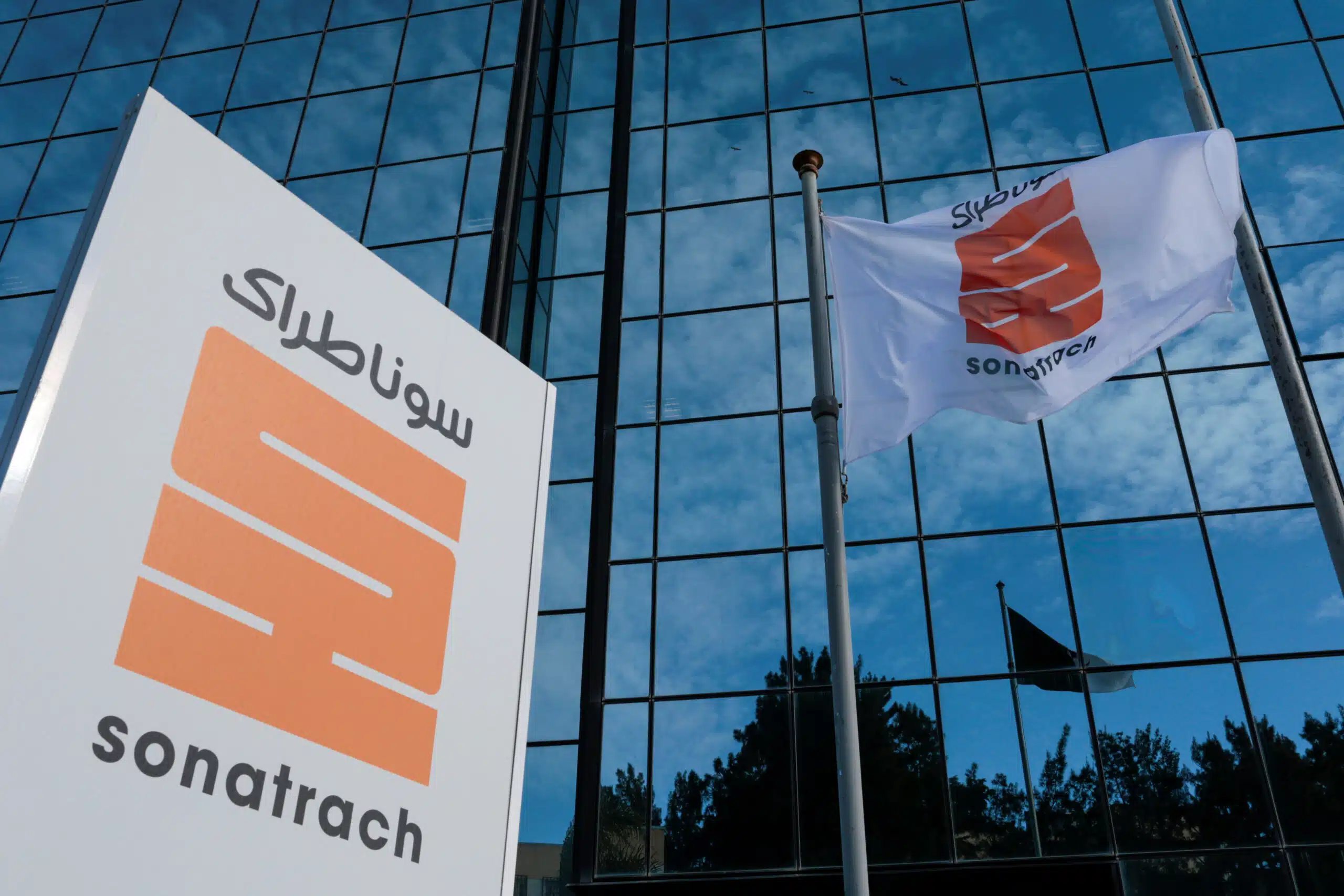Nigeria’s troubled N54.99 trillion (~$36.6 billion) 2025 federal budget, built on a $75 per barrel oil price benchmark, has received a much-needed boost today.
ICE Brent futures, against which Nigeria’s Bonny Light is benchmarked, surged over 10% intraday, ultimately closing up 5.7% at $73.29 per barrel.
This marks the largest single-day gain since February 2022 and is caused by escalating geopolitical tensions in the Middle East.
This surge offers a ray of hope for Nigeria, which has faced a $15-per-barrel revenue shortfall, after global prices fell in April to the region of $60–62 per barrel, well below budget expectations.
The global fall was largely fueled by the US President’s reciprocal tariffs.
While Trump’s tariff offensive hit the global oil prices on the one hand, the recent crisis in the oil-rich Rivers state threatened the country’s oil revenues.
Little wonder why President Bola Tinubu declared a state of emergency.
Budget relief and borrowing challenges
Oil revenues account for over 70% of Nigeria’s national budget and 80% of export earnings.
The price rebound helps narrow the revenue gap, though not completely bridging it.
Nigeria is also grappling with delays in its $5 billion oil-backed loan from Saudi Aramco.
Banks are hesitant amid production shortfalls (currently ~1.5 million bpd vs. a 2 million bpd target) and low oil prices, affecting the collateral viability of the deal.
Fiscal pressure still looms
Despite this spike, prices remain below the government’s benchmark, still putting pressure on budget projections.
Let’s look at this way:
Assuming that oil prices stand at $73 per barrel, Nigeria does not still face a $2 per barrel deficit in its budget, but will also need more oil barrels than planned to cover debt obligations.
Again, the country’s daily oil output of around 1.46 million still stands below the budgeted 2.06 million, suggesting some 500,000 barrels worth of revenue shortfall every day.
However you look at it, the quoted price still strains fiscal stability for the African economy which relies heavily on oil for over 80% of its foreign exchange earnings.
Ongoing reforms and economic outlook
Despite challenges, the current government has initiated key reforms:
- lifting fuel subsidies
- tightening monetary policy,
- boosting oil production thanks to improved security
However, sustained fiscal health depends on:
- Maintaining oil over $75/barrel, the budgetary benchmark
- Boosting output to meet target of 2.06 million bpd
- Securing borrowing lines, including the Aramco loan
Bottom line
The global one-day oil rally offers momentary relief for Nigeria—but not a cure.
Structural deficits, production shortfalls, and debt commitments persist.
The government must continue boosting output, managing fiscal discipline, and extending reforms to ride out volatility.

